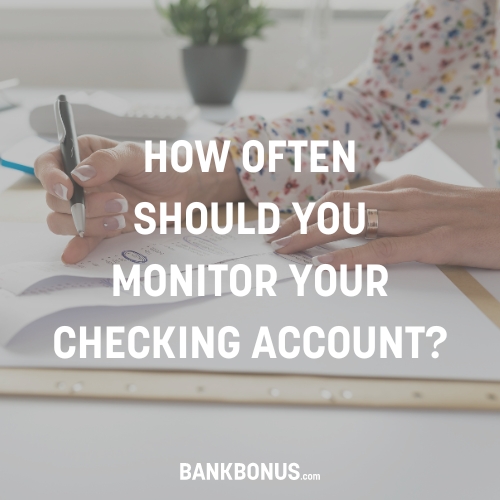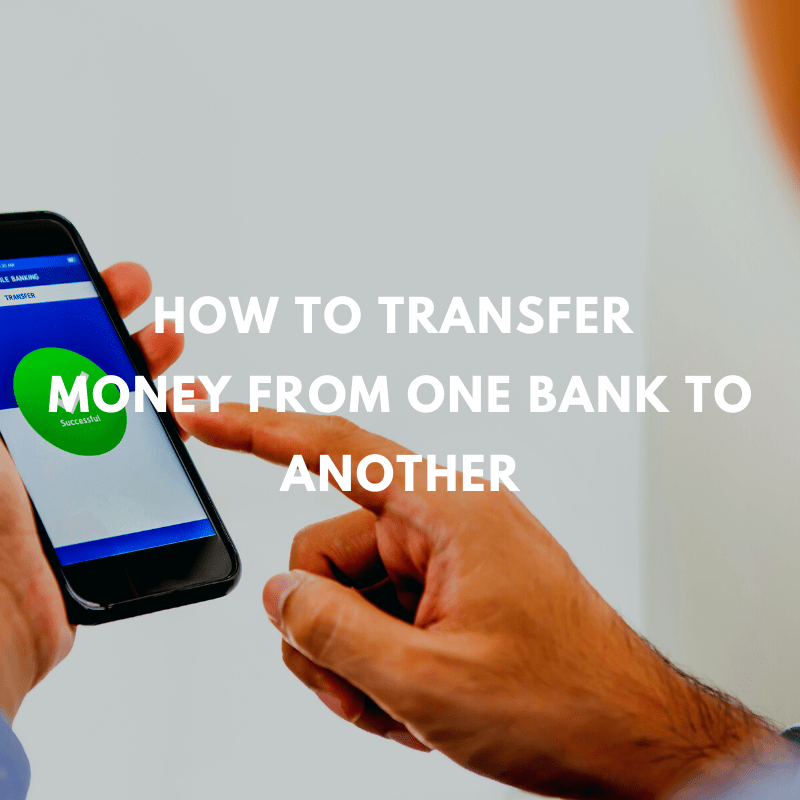Chase Bank is the commercial banking subsidiary of JP Morgan Chase Bank, one of the biggest four banks in the US. Known for its credit card rewards programs and great cash-back offers, Chase bank is a popular choice for those looking to open a bank account.
In this article, we’ll go over the steps to open a Chase account, including the different types of accounts available, and current Chase bonus offers, and answer some of the most commonly asked questions about opening a Chase bank account.
How to Open a Chase Account
Opening a new account with Chase bank is simple, regardless of whether you do it online or in-branch.
If you would rather open your bank account in a Chase branch and don’t know where your nearest branch is, you can use the branch locator on their website, which lists all available branches and ATMs nationwide.
Can I open a Chase account online?
You can open a Chase account online by heading to Chase.com where you’ll find a green “Open an Account” or “Apply Now” button.
Once you click the button, you will be redirected to the application page, where you’ll need to enter your information, agree to the terms and conditions, and open the account of your choice.
What Do I Need to Open a Chase Bank Account?
All banks are required by law to ask you for personal information that can be used to identify you. This information may include:
- Your first name and last name
- Date of birth
- Address
- Other contact information
The bank will likely ask you for your Social Security Number (SSN) and your state ID or driver’s license.
You will also need to authorize Chase to obtain consumer reports about you, such as your credit score. They promise that this will not affect your score, indicating they do a soft pull rather than a hard pull.
Chase Bank Account Types
Chase Bank offers several different checking and savings bank accounts. Each one has different requirements and perks, so you’ll need to understand the nuances before making your final decision.
Here are the most important things you need to know about each account’s main features, fees and requirements.
Chase Checking Accounts
Chase Total Checking
Chase Total Checking account is the equivalent of a starter edition checking account. It gives you access to all of the features that we’ve come to expect from any checking account, including direct deposit, online bill pay, mobile check deposit, Zelle, and many others.
The account has a monthly service fee of $12, which you can avoid by meeting qualifying criteria. These include:
- Make a minimum of $500 in electronic deposits each month,
- Have a balance of at least $1,500 at the beginning of each day
- Maintain an average beginning of the day balance of $5,000 in the account balance and any linked qualifying deposits or investments
You also get access to the Chase online portal and mobile banking. Chase online is the bank’s platform for managing your Chase accounts, viewing statements, monitoring your activity, and online banking activities.
The Chase Mobile app includes useful features such as account alerts, mobile check deposits, and many others.
Chase Secure Banking
Chase Secure Banking is a checking account primarily focused on keeping costs down.
There’s a fixed monthly fee of $4.95 with no minimum balance to maintain the fee waived. The fee structure can make the account a great option if you would like to plan your finances, but you’re unsure if you can maintain a certain balance every day of the month.
The account is missing a few things, such as paper checks and overdraft services. That said, these are not critical. You get access to free credit score and Chase Offers to sweeten the deal and features like mobile bill pay and check deposit.
Chase Premier Plus Checking
The Chase Premier Plus Checking account is an everyday premium account bundled with many features. The account has a monthly service fee of $25, which can be waived when maintaining an average daily balance of $15,000 or more in the account and linked qualifying deposits or by connecting your qualifying Chase mortgage.
You get no fees charged on money orders, counter checks, and cashier checks, while the first non-Chase ATM withdrawals do not carry a Chase fee. The account also includes overdraft protection with no fees charged if you’re overdrawn by $50 or less at the end of the day.
Chase Sapphire
Chase Sapphire is Chase’s premium brand, with the Chase Sapphire checking account offering some serious perks. The account does have a monthly service fee of $25. You can have this fee waived by maintaining an average beginning of the day balance of at least $75,000 across eligible balances.
The account comes with no ATM fees globally, free wire transfers, and fewer overdraft fees, among the many other perks.
Chase Savings Accounts
Chase Savings
Chase Savings is a savings account designed to help you save money over the long term. It has a monthly service fee of $5.00, which can be waived in multiple ways, including having a balance of $300 or more at the beginning of each day or linking a qualifying checking account.
The interest rate (an essential feature of savings accounts) stands at an APY of 0.01%. Withdrawals are limited to six per month, with anything over and above this figure incurring a charge of $5.00
Chase Premier Savings
Chase Premier Savings is a savings account that’s a step up from the standard Chase Savings account. It has a monthly fee of $25, which the bank will waive when linking a qualifying checking account or having a balance of at least $15,000 at the beginning of each day.
The standard APY interest rate stands at 0.01%, crawling up to 0.02% when qualifying for premier relationship rates. You need to link a qualifying account and initiate at least five card transactions using your linked account per month to earn the higher rate.
Chase Certificate of Deposit
Certificate of Deposit accounts, also known as CDs, are a special type of savings account in which money is held in the account for a set timeframe known as the term. Available terms start at just one month and top out at 120 months.
APY interest rates, representing the interest you’ll earn for your money, start at 0.01% and max out at 0.05%. The rate applied will depend on the term and the amount you put in the CD.
Other Chase bank accounts
Chase also offers many other types of accounts. This section will look at some of these accounts, which you might want to consider if you qualify for private banking or have children under 18 years of age.
- Chase Private Client Checking – A checking account reserved for Chase private clients.
- Chase First Banking – A checking account for children aged 6 – 17. included with all Chase checking accounts and includes a debit card
- Chase High School Checking – A parent co-owned account for students aged between 13 and 17 years
- Chase College Checking – A college checking account for students aged 17 to 24 years
Chase Bonus Rewards
Chase has several bonuses on offer for new and existing customers alike, helping you get more money out of your account.
Do keep in mind that many of these bonuses come with qualifying requirements, including minimum balance requirements and making a minimum deposit or deposits. Be sure to read the fine print carefully to avoid disappointment.
- Chase Secure Banking – New customers can earn a $100 welcome bonus when completing qualifying activities
- Chase Total Checking – New customers can earn a $225 welcome bonus when completing qualifying activities
- Refer a friend – Existing customers can earn a $50 cash bonus for every successful referral, up to a maximum of $500 per year.
Frequently Asked Questions
Is Chase a good bank?
Chase is one of the largest financial institutions in the U.S. and a member FDIC bank. The fact that it’s FDIC insured means your money is protected (up to $250,000).
The bank has over 4,700 branches and more than 15,000 ATM locations around the US. It offers several quality banking services, including personal, private, business, and commercial.
Can I open a Chase account without going to the bank?
Yes. You can open most Chase accounts online without going to a physical branch. Ensure you prepare all required documentation beforehand to ensure as smooth a process as possible.
How much will it cost to open a Chase bank account?
Opening a Chase bank account is free. However, there might be monthly fees or deposit requirements depending on the type of account that you choose. Be sure to check the fees beforehand since these are subject to change.
Chase also offers welcome bonuses on many accounts, so be sure to check if the bank is offering anything at the time of account opening.
What do I need to open a Chase account?
By law, Chase and any other financial institution for that matter (including credit unions) need to verify your identity before opening your account.
As such, you will need to provide your personal information, including your full name and address. Supplementary to this, you will also need to provide your SSN (Social Security Number) and drivers’ license or state ID.
You might also need to make an initial deposit. If you’re doing an electronic transfer, check that you have all the required details. If you don’t have another bank account, Chase accepts several other payment methods.





Comments are closed.
Comments are closed here.